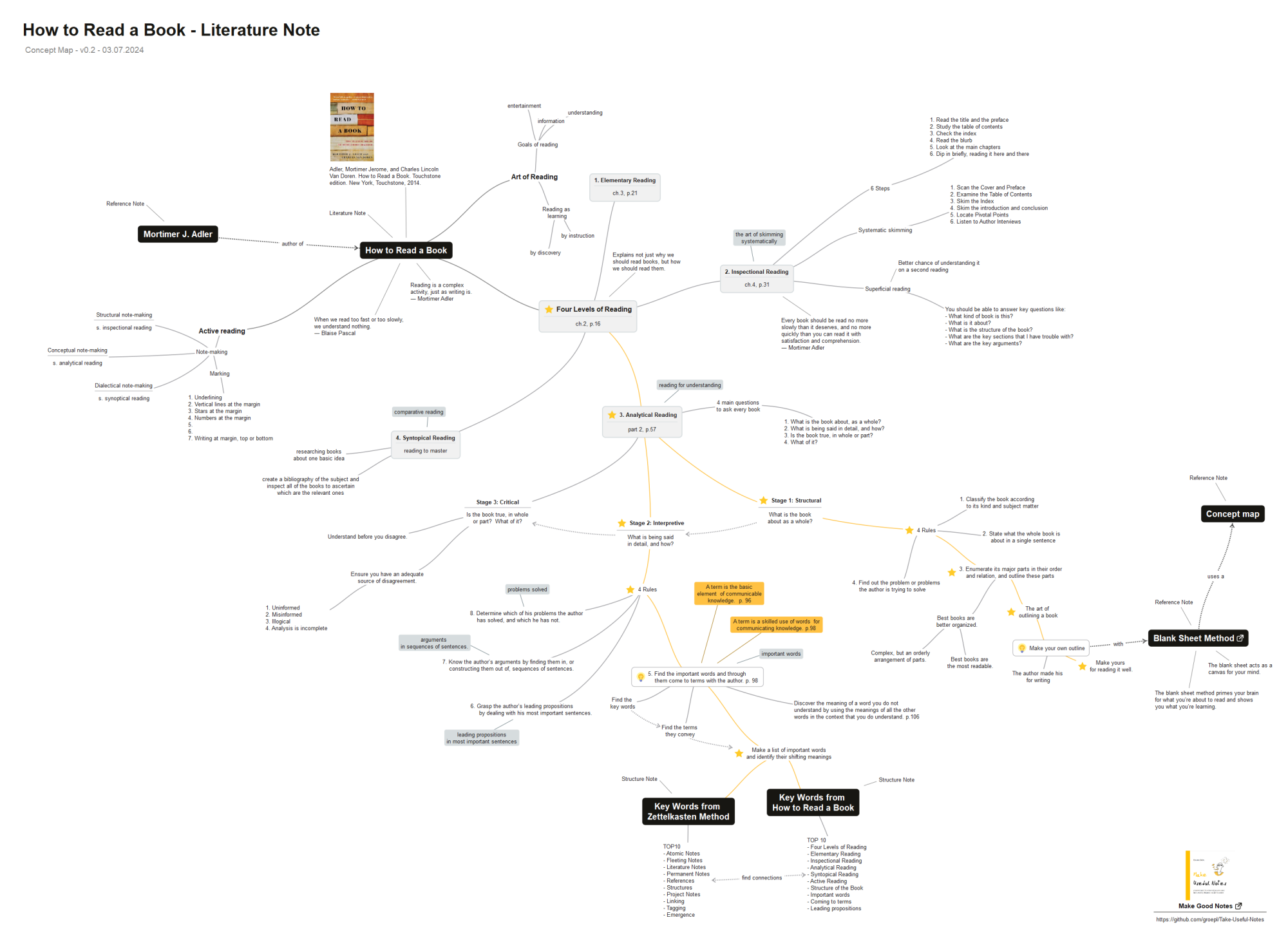“fixes” to ensure you don’t make these errors
I studied a case involving Child find, Referral & Evaluation. The details of the case are: 23 IDELR 411, 23 LRP 3306, W.B., Parent of the Minor, E.J., on her own behalf and on behalf of her son, E.J., Appellants v. Joan Matula; Mary Angela Engelhardt; Judy Beach; Catherine Brennan; Patricia Cericola; Dr. Gary Danielson; Ann Pearce; Kathleen Mahony; Carol Burns; Florence Noctor; Dr. Jeffrey Osowski; New Jersey State Board of Education; Warren County Department of Education; Mary Lou Varley; Mansfield Board of Education; State of New Jersey, Department of Education Division of Special Education; Employees of the Mansfield Township Board of Education, Appellees, 67 F.3d 484, U.S. Court of Appeals, Third Circuit, 95-5033, October 17, 1995 deals with a case related to Child Find, Referral and Evaluation related to IDEA, FAPE, Section 504, and NJ State rules implementing IDEA. This is an appeal of a lower court (Administrative Law Judge) judgment for a case filed when the parent is not satisfied with school boards processes and conclusions of her son’s Child Find, Referral and Evaluation. It is a complex case.
In my analysis of an earlier case, I expressed my fear that as a special education teacher and a member of the IEP team of our school, I could potentially be a defendant in a similar case. Strangely this is such a case. Several teachers including 1st grade teacher Mary Angela Engelhardt and 2nd grade teacher were defendants in this case. This should serve as a warning to all the teachers that they should adhere to the IDEA. The court in its scathing indictment specifically signaled teacher Mary Angela Engelhardt and wrote:
“This decision would not be complete without a comment on Mansfield's seemingly endless attacks on the parent, W.B. Evidently, Mansfield believes not only that W.B. is overly persistent, but also that she is trying to wear down the district to obtain services to which E.J. is not entitled. In my view, however, W.B. was essentially correct about the major points in dispute in these proceedings including evaluation, classification and placement. Nonetheless, the district has consistently denied W.B.'s reasonable, appropriate, and meritorious requests related to E.J.'s education. The basic dynamic of this entire dispute is that the district has denied W.B.'s meritorious requests and W.B. has been left with no alternative to an enormously burdensome struggle in order to obtain E.J.'s rights under IDEA. In my view, the burden placed on W.B. was unnecessary, unwarranted and largely the product of the district's unwillingness to recognize and appreciate E.J.'s neurological impairments despite ample reliable evidence thereof.”
Another point that caught my attention is the willful dragging of their feet by the school officials and lower courts routinely (2:1) siding with the school districts. The judgment states:
“As to classification, despite the findings of the independent evaluation, in November the CST concluded that E.J. was perceptually impaired but not neurologically impaired. The distinction is important, because the former classification would result in a lower level of IDEA services for E.J. than the latter. W.B. attempted to persuade the school to reclassify her son as neurologically impaired, and in December 1992, Mansfield cross-petitioned to have E.J. classified as perceptually impaired.”
